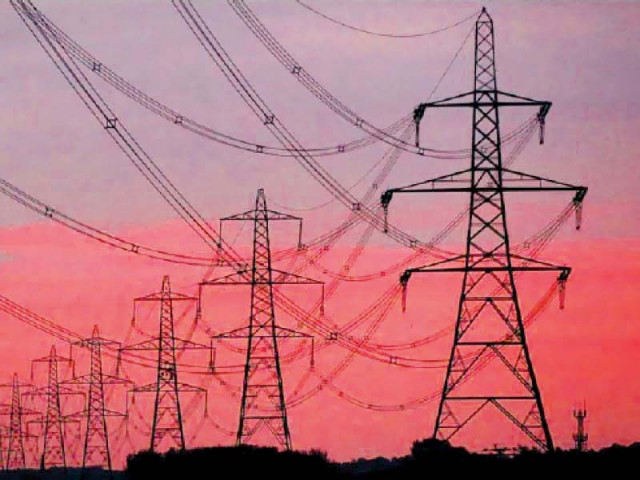Energy tariff ‘compulsory’ for export sectors
Businesspeople say discontinuation will make textile export industries unviable

The government’s decision to discontinue the Regionally Competitive Energy Tariff (RCET) of gas and electricity for five export-oriented sectors is expected to create a significant setback for the national economy, potentially leading to reduced competitiveness and revenue losses for the affected industries.
“Discontinuation of RCET of gas and electricity for five export-oriented sectors will sabotage national exports,” stressed Muhammad Babar Khan, Central Chairman of the Pakistan Hosiery Manufacturers and Exporters Association (PHMA), in a statement.
The economic situation of the country is volatile as the Pakistan Stock Exchange (PSX) has crashed several times, inflation has skyrocketed and the rupee has depreciated to historic lows. Currently, the only sector performing is exports which is earning forex in these difficult times, generating revenue and providing employment, he said.
“Any imprudent and unwise decision to discontinue RCET for five export-oriented sectors shall be disastrous and will destroy the relentless struggle and efforts of exporters to enhance exports,” commented Khan. Speaking to the Express Tribune, Union of Small and Medium Enterprises (UNISAME) Chairman, Zulfikar Thaver said, “The government always learns its lesson after it makes the mess.”
Giving examples, Thaver said, “Despite Murtaza Syed, the acting State Bank of Pakistan governor, being the most competent to negotiate with the International Monetary Fund (IMF), they appointed Jameel Ahmed.”
“For the past few months, we have been reiterating that the government facilitate exports, sit with exporters and tell them to give suggestions as they know how best to resolve matters,” said Thaver, adding that, “The factors of production can control the export prices – if prices are uncompetitive, exports will not pick up.”
“Textile exports were at the top with a share of 61%, to the tune of $19.4 billion, in exports in 2021-22 with a notable enhancement of over 25%,” said PHMA Patron in-Chief, Muhammad Jawed Bilwani.
“In the wake of economic turbulence in the last six months, textile exports have witnessed a decline of 7% while national exports faced a downfall of 5.73%. If RCET is discontinued, it will cause further decline in exports of the five big export sectors,” he remarked.
“Value-added textile exporters are highly distressed over the news that the government, on IMF’s behest, has decided to increase RCET by 34.31%, raising the tariff from Rs819 to Rs1,100 and a 30% increase raising tariff of captive power of export industries from Rs852 to Rs1,100 retrospectively from 1 January 2023. This will make the textile export industries unviable to operate and lead to massive closures and huge lay-offs,” Bilwani explained, adding that “In order to save exports, continuation of RCET is compulsory.”
Published in The Express Tribune, February 16th, 2023.
Like Business on Facebook, follow @TribuneBiz on Twitter to stay informed and join in the conversation.



















COMMENTS
Comments are moderated and generally will be posted if they are on-topic and not abusive.
For more information, please see our Comments FAQ